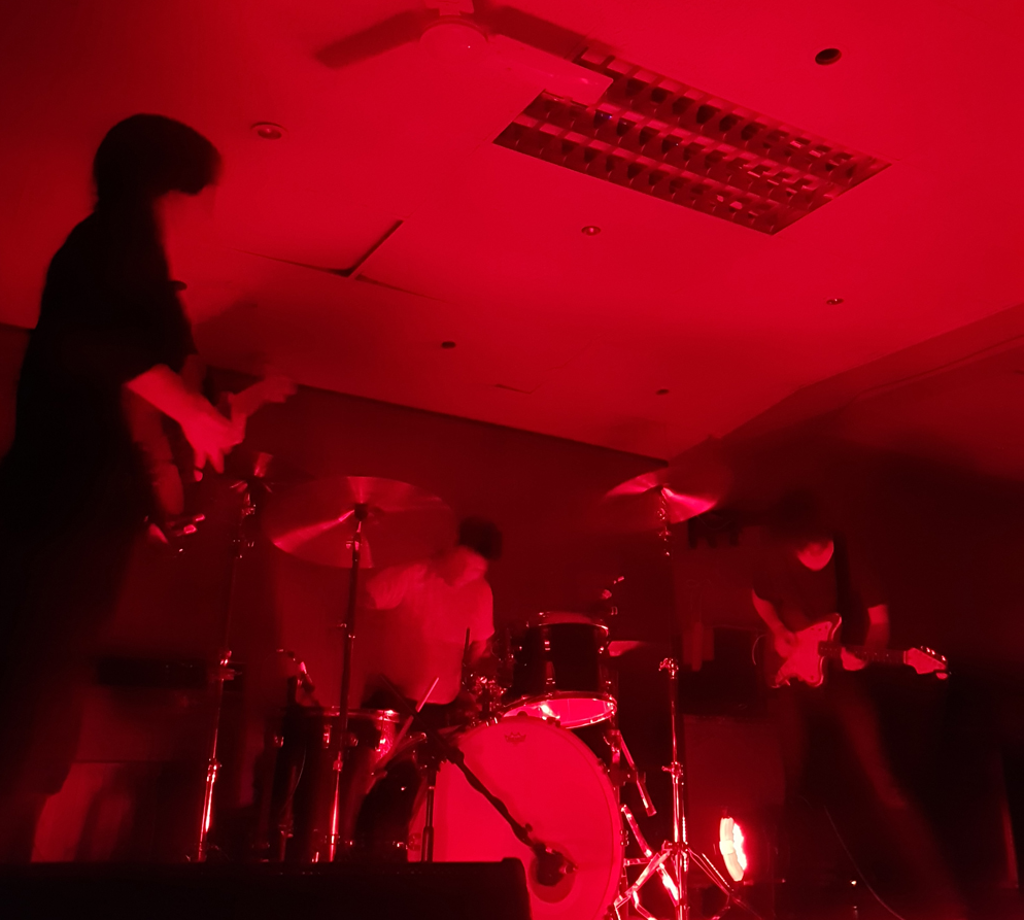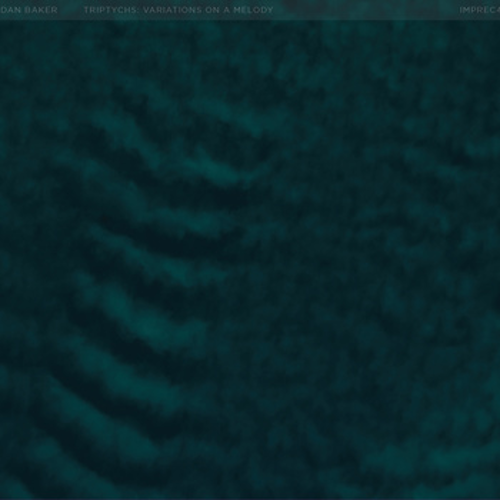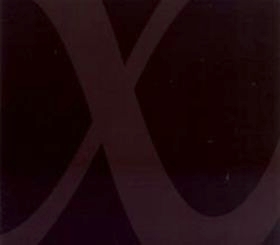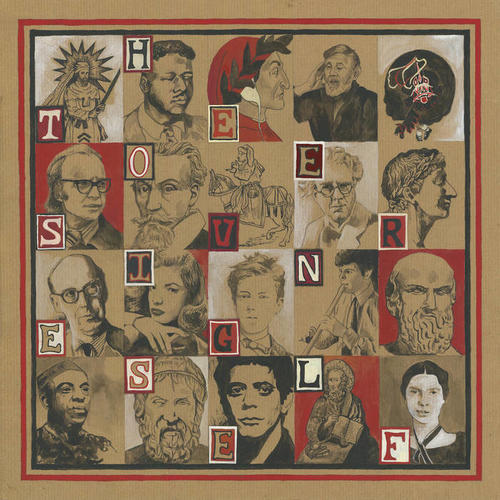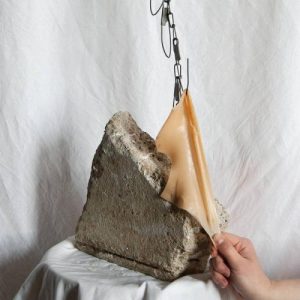 I’m not going to use the C word, because it’s been a long time since they ceased to be and we all have to stop thinking in those tired patterns, even me, who can’t. Agalma is a minor triumph all of it’s own, finding pathways through music that spins off and around what could broadly be called New Age and finds its own corners.
I’m not going to use the C word, because it’s been a long time since they ceased to be and we all have to stop thinking in those tired patterns, even me, who can’t. Agalma is a minor triumph all of it’s own, finding pathways through music that spins off and around what could broadly be called New Age and finds its own corners.
This time around, Drew McDowall is working with a lot of collaborators and you sense there’s a newfound confidence in the music as a result; you sense that he works best in these environments, in having others push his delicate music into serving a greater good. Most of the tracks are named with simply “Agalma” and a number and, in truth, they feel parts of a composed whole; rarely pushing for their own independence and content (though if that seems a reductive, even derisory term, it’s not intended to be) simply to let the music find its own level over the course of the album.
The opening track, subtitled “Folding”, feels like a gentle incline towards some unfathomable abyss and it might not be entirely coincidental that I’m re-reading Dante’s Paradiso (alongside the excellent BBC Radio 4 adaptation) at the time I’m deep listening; “Agalma IV”, another of the solo tracks, certainly feels like we’re being led towards something sublime, perhaps angelic. The music ebbs, flows and erupts, and voices that are probably not voices slide across, lifting spirits in all senses of the term. “Agalma II”, with Caterina Barbieri, continues this theme, even adding a harp to the mix which makes me think that this can’t just be accidental. You soon get the idea.
“Agalma VII” features a cast of seemingly thousands and is the one track that slightly stands apart; here we are drawn into what feels more like the Purgatorio, in the sense that there’s a twitchiness to it and a cross-cultural current which evokes the International Zone of William S Burroughs‘ and Paul Bowles‘s Tangier or someplace similar. A road of many paths, with instruments snaking out of backstreets and alleys, with an unheroic traveller finding their way unsteadily towards salvation.
I’m aware, of course, that the Dante crap is pure projection, but this is music for exactly that kind of experience, a little aural Rorschach that gives back only as much as you put in. You could ignore this album if you don’t give it time; it won’t reach out and grab you by the throat while you’re peeling the spuds, or homeschooling, or arguing with your family. It won’t make you suddenly want to dance, or even lie down, but if you find the right time and the right space and let it flow, you’ll be rewarded with visions that maybe you didn’t know you needed.-Loki-
